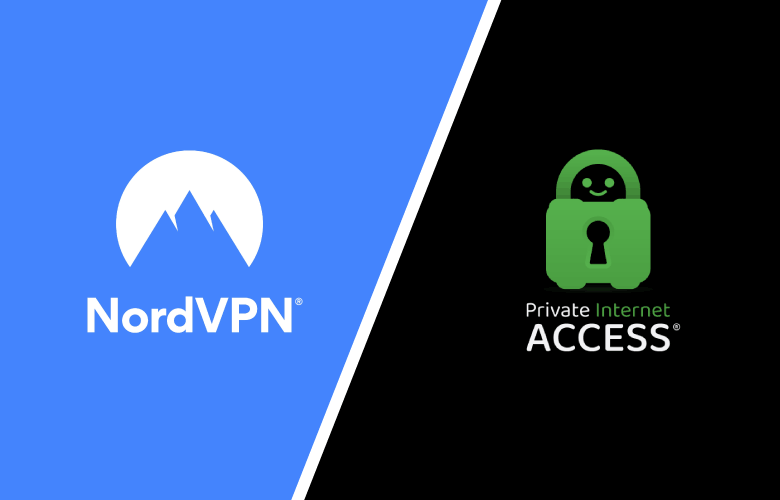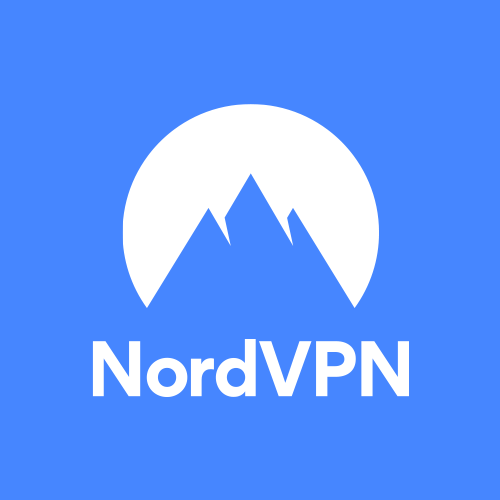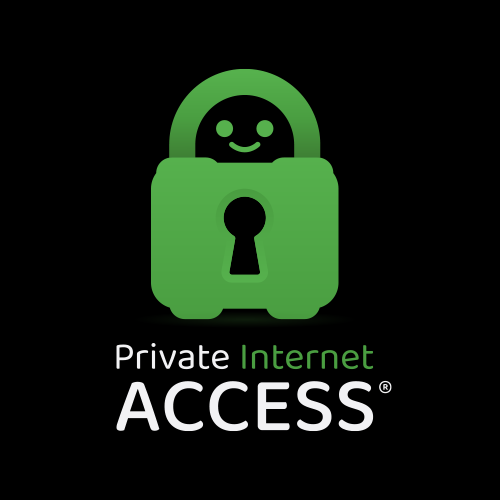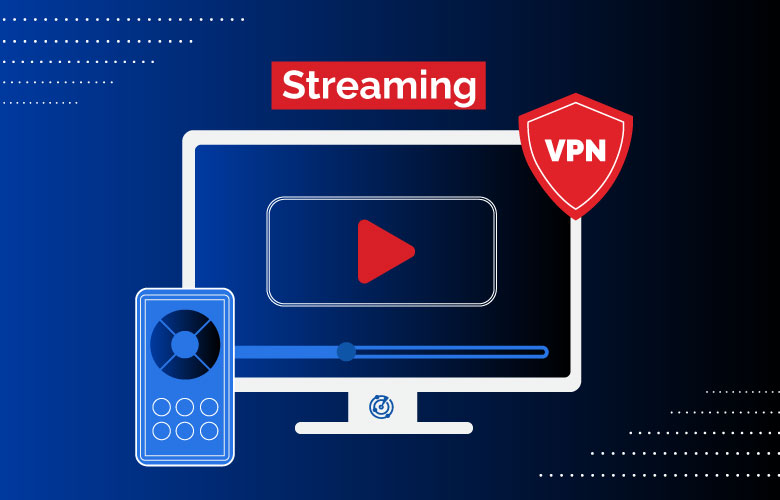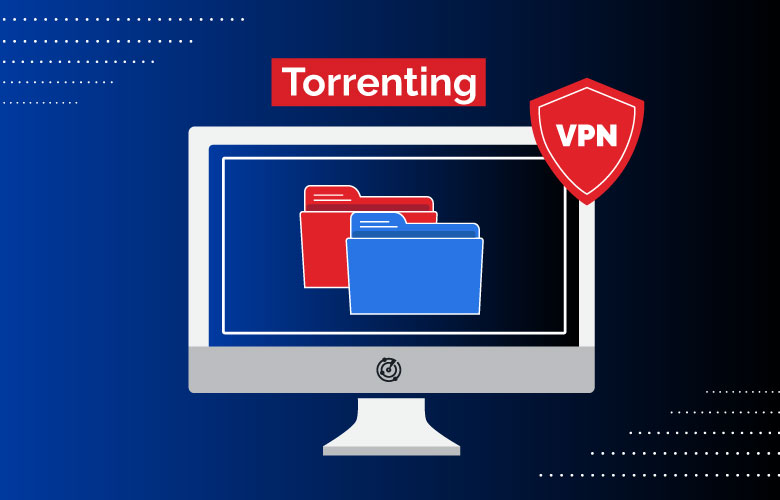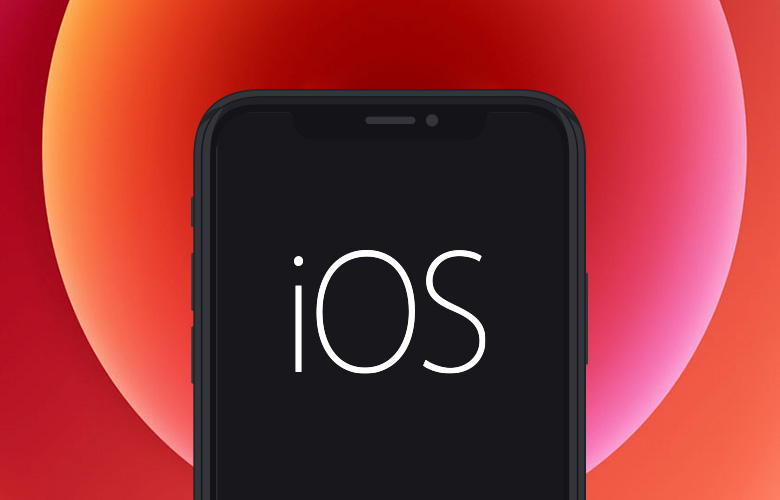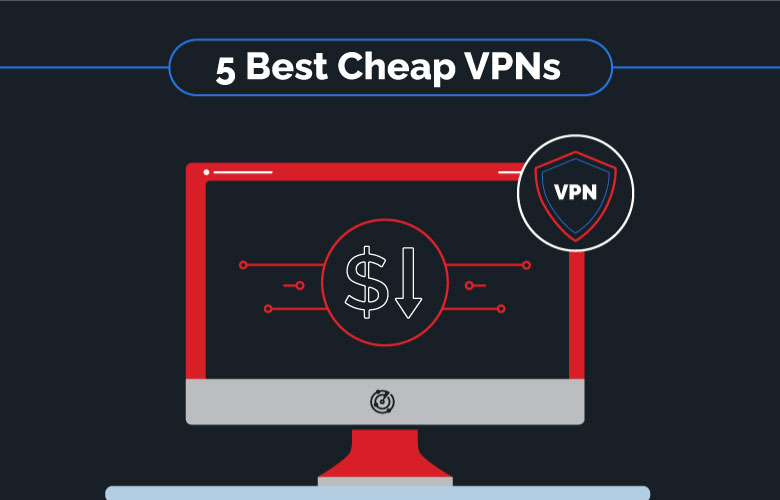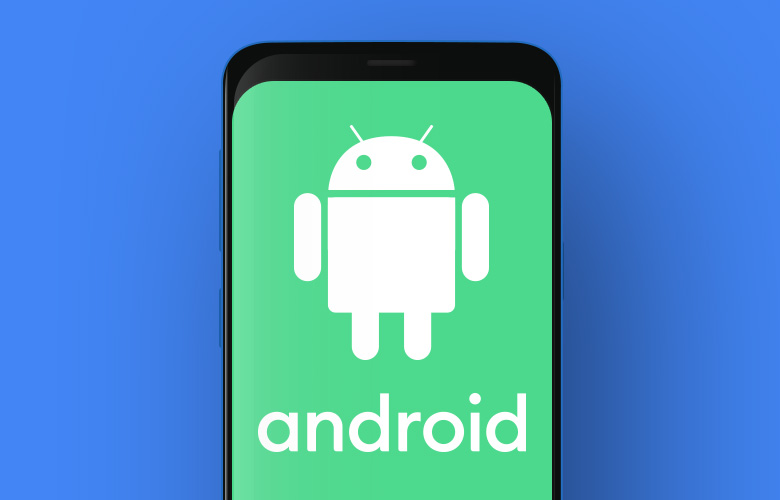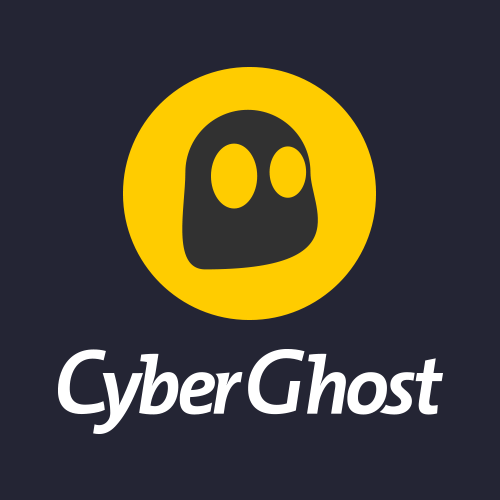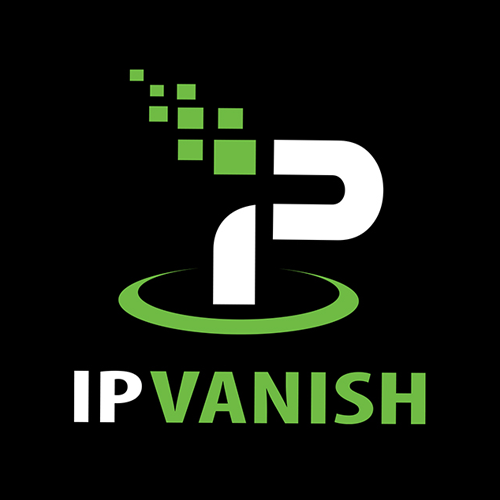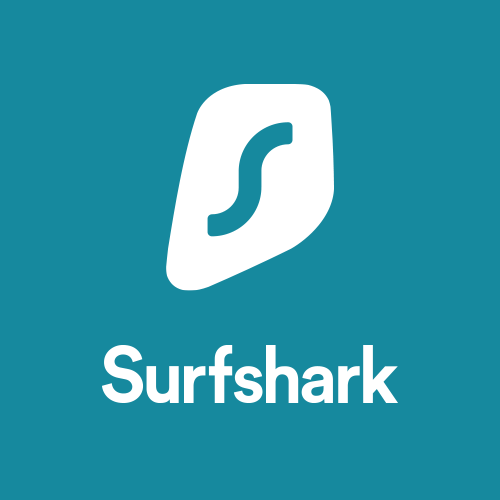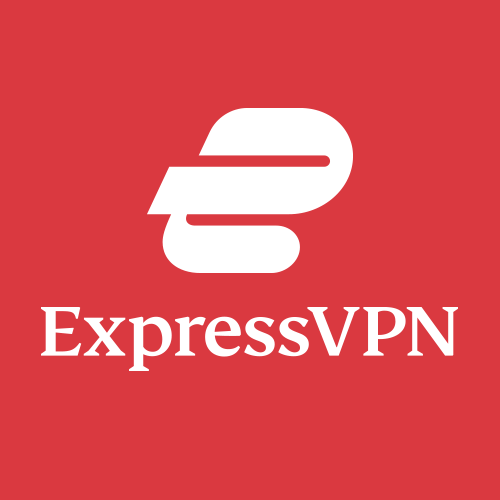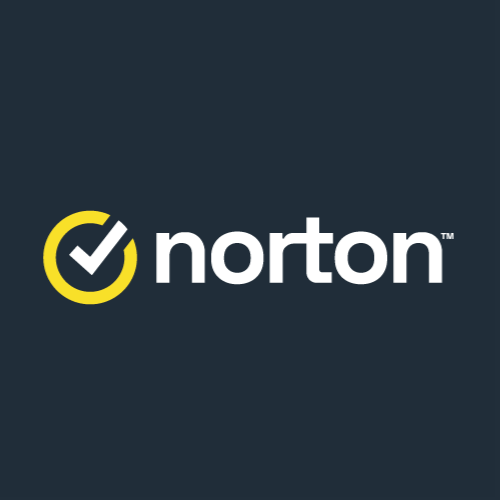Disclaimer: Partnerships & affiliate links help us create better content. Learn how.
NordVPN and PIA (Private Internet Access) are currently among the top VPN providers today. But, when it comes to investing in a strong VPN, we know you’re not looking for participation trophies. So, we dug through the weeds to find out exactly what sets these two premium services apart. Below, we give you a detailed comparison of NordVPN vs PIA and make the case that, while PIA offers industry-standard service to clients, NordVPN ultimately takes the lead.

NordVPN
- Slick UI for easy use
- Vast array of security features
- Massive list of high-speed U.S. servers
- P2P optimized servers & unblocks Netflix
- Manual setup required to work in China
- No free version or trial
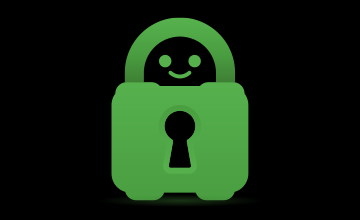
Private Internet Access
- Utilizes open-source software
- Wide range of encryption options
- Verified no-logs policy
- Doesn’t work in China
- Based in the U.S. (5 Eyes)
- Limited unblocking ability
| Pricing | |||||||||||||||
|---|---|---|---|---|---|---|---|---|---|---|---|---|---|---|---|
|
NordVPN vs. PIA: Performance
No matter what VPN service you choose, users should expect to lose some internet speed when connected to one. However, premium VPNs today have improved their service to the point where speed loss is pretty negligible. This is especially true when you look at both NordVPN and Private Internet Access’ average speeds.
In our tests, we found that NordVPN averages download speeds of 98 Mbps (a speed loss of only 2-10%) while Private Internet Access trails slightly behind with average download speeds of 77 Mbps (a speed loss of 20-30%). These measurements were taken from a base internet bandwidth of 100 Mbps, which is not bad at all According to the FCC’s definition of broadband, users need a minimum download speed of 25 Mbps and 3 Mbps upload speed for most online activities. Based on these measurements and our tests across multiple NordVPN and PIA servers, either provider would be an excellent VPN solution for everyday use.
However, we did promise to pick only one provider in this comparison. For users that care about VPN performance, we recommend going with NordVPN for its consistently higher speeds. NordVPN is better suited to support bandwidth-heavy activities like gaming and streaming compared to Private Internet Access.
NordVPN vs. PIA: Privacy
We analyze more than a VPN’s policy when it comes to measuring privacy. Most premium VPNs promise no logging, yet that isn’t always the case. Things like a provider’s headquarters and independent auditing play a big part in customer privacy. While researching NordVPN and PIA’s privacy measures, we noticed a few differences that put NordVPN higher on our trust meter.
5 Eyes (FIORC)
There are surveillance alliances around the world made up of cooperating countries that share intelligence information during investigations. One of those alliances is known as 5 Eyes Intelligence Oversight and Review Council (FIORC, which the U.S. is a part of. Over the years, online surveillance has been added to its agenda. So, when a VPN is based in the U.S. – like Private Internet Access is – it’s possible for the government to force a VPN company or internet service provider to surrender client data. Luckily, NordVPN is stationed in Panama, a known safe haven from government overreach and censorship.
Warrant Canary
In certain countries (the U.S. for instance), government officials can serve secret warrants to VPN providers that force them to turn over user data needed in an investigation with gag orders attached to prevent companies from notifying the client in question. One way VPNs signal to users that their service hasn’t been compromised by these agencies is to “fly a warrant canary” on their website. If a VPN suddenly removes this canary from their website, it’s a calling to all viewers that they have been approached by officials. After some digging, we confirmed that NordVPN has a warrant canary last updated December 28, 2020, whereas Private Internet Access does not. PIA lays out reasoning for this by sighting court evidence proving its no-log policy. No-logs means no way for government officials to extract customer data.
Independent Audits
One way to verify a VPN’s privacy claims is to review third-party audits on them – if they have any. An independent auditor will research, test, and analyze every feature and policy of a VPN and report on the validity of its service. From what we uncovered, NordVPN is the only one of the two providers to undergo a third-party audit in recent years by both PricewaterhouseCoopers (PwC) and Cure53. Although, Private Internet Access assures users that they are “reaching out to external auditors and…opening up…operations to review by [PIA] users” and users should return to this page for continuing progress. We’re still waiting for those new updates.
NordVPN vs. PIA: Logging
A VPN is nothing without a strong and reliable logging policy. Apart from performance and streaming, how a VPN handles customer data tells you everything you need to know about your online security. According to NordVPN and PIA, both providers take pride in their zero-logs policy. And, from what we can tell, they’re pretty evenly matched in this one category.
Neither provider collects any identifiable or tracking information on their clients other than what’s necessary for website/app maintenance and fulling payments. For NordVPN, their location in Panama also protects its clients from government agencies. And, for Private Internet Access, they clearly state in their logging policy that “logs are never written to the hard drives of any [PIA] machines and are specifically written to the null device, which simply acts if the data never existed.”
One security feature we liked of NordVPN was their multi-hop encryption that encrypts a user’s connection across two or more servers in multiple jurisdictions before landing you onto the internet. This adds an extra layer of protection while surfing the web and camouflaging your browsing history.
NordVPN vs. PIA: Streaming
Despite originally being created for online privacy, VPNs have since doubled as a gateway to global streaming. If you’re mainly interested in streaming geo-restricted shows with your VPN, this section alone may seal the deal for you.
While neither of these premium VPNs advertises the specific streaming platforms they can unblock like ExpressVPN boldly does, both still claim to bypass “international content.” Yet, we found that their streaming capabilities greatly vary depending on what server a user attempts to access.
Between NordVPN and Private Internet Access, we found NordVPN to be the best VPN for streaming. While PIA sometimes grants Netflix access in select countries like the UK and Canada, NordVPN was able to bypass geo-restricted sites like Netflix, YouTube, and even BBC iPlayer.
NordVPN vs. PIA: Which is better?
While Private Internet Access is a solid VPN solution for the average user, NordVPN is the clear winner in most categories of contention:
- Server Network: Private Internet Access
- Performance: NordVPN
- Price: Private Internet Access
- # of Devices: Private Internet Accesss
- Privacy: NordVPN
- Logging: NordVPN
- Streaming: NordVPN
A few things in PIA’s favor is the fact that it offers more simultaneous connections on up to 10 devices, is slightly cheaper than NordVPN, and has a larger server network. If these are features that you require from a VPN, then Private Internet Access may be the better option for you.
By and large, NordVPN brings more value to the table in this comparison. It offers faster connection speeds, excellent streaming capability, and verified privacy measures that experienced and new users can both appreciate. However, if you’re still on the fence, feel free to check out our in-depth reviews on NordVPN and Private Internet Access, or explore VPN deals available right now.
Pick which one is best for you: NordVPN vs. PIA

NordVPN


